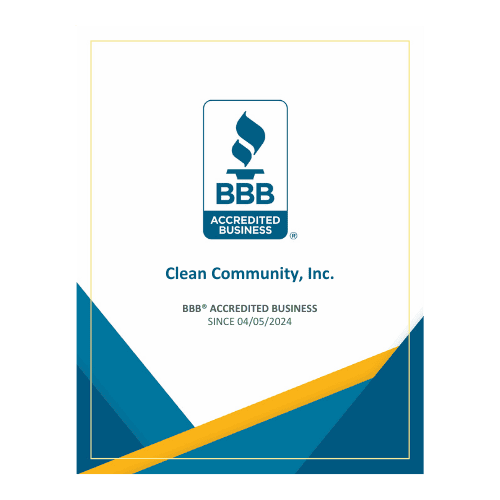How To Stay Sober? : 10 Tips For Your Recovery
How To Stay Sober? : 10 Tips For Your Recovery
With all of the good intentions in this world, it's easy to get lost when you're looking for help. Are you struggling with addiction? Don't know where or how to start being sober physically, emotionally, mentally, or spiritually? Clean Community Inc.'s new intensive Alcohol Addiction Prevention Software Solution can be just what you need! It intends to help protect and support those vulnerable to alcohol abuse.
What is Sobriety? Sobriety can be a relative term. Some definitions call for lifelong abstinence, and others focus on reducing harm and developing coping mechanisms while still understanding that setbacks are common in addiction recovery.
Common Physical Symptoms Of Withdrawal In The First 30 Days
Weight Loss
Weight Loss
When people stop consuming so many calories from alcoholic beverages and rely on other food sources, they often notice weight loss. This is especially true for those relying too heavily on alcohol—giving up alcohol can lead them towards a healthier lifestyle with more energy!
Liver Relief
Liver Relief
When your liver is no longer working overtime to detoxify you, it can focus on other vital processes. Now that the stress has been relieved from its job description in this area of function for a while - it can take care of essential tasks like metabolizing fat and hormone production!
Reduced Heart Disease Risk
Reduced Heart Disease Risk
Sobriety is associated with a lower risk of severe illnesses like heart disease and stroke. When your liver doesn't have to process alcohol, it can function properly, which helps improve cholesterol levels for less premature aging in the body as well!
Health Benefits
Health Benefits
There are many health benefits from sobriety, so if you're looking into reducing the risks of chronic conditions or just want an all-around healthier lifestyle, give this article below some reading.
Useful Techniques To Stay Sober
Mostly, people don’t find it easy to stay sober. However, the more strategies you acquire to identify triggers, manage your sober life, and cope with stress, the easier it is to avoid relapse. If you want to experience the physical advantages of sobriety but are not sure how to stay sober for a month, here are some tips you can follow:
- Identify Personal Triggers- A big part of preventing your return to substance use disorder is understanding what triggers you: external (people, places, things, and situations) and internal (feelings, thoughts, emotions). The best way to avoid the risks of a triggering event is by identifying and then preparing a plan to avoid them. Some triggers may include:
Stress
Relationship issues
Emotional distress
Financial crisis
Job problems
- People who still do drugs or drink Environmental cues Acknowledge Relapse Warning Signs- People tend to ignore a relapse's warning signs. Relapse initiates long before you actually go for a drink or use a drug and consists of three phases- emotional, mental, and physical relapse. Some warning signs of relapse involve:
- Thinking irrationally and behaving irresponsibly
- Returning to addictive thinking patterns
- Indulging in self-defeating and compulsive behaviors
- Thinking of drugs and alcohol abuse to be a logical escape from pain
- Engage in Meaningful Activities- Try to indulge in meaningful activities that make you feel better and comfort you and your situation. For example, one of the popular opinions is to exercise to stay sober. The endorphins it produces can help minimize physical withdrawal symptoms, and outdoor activities like hiking produce these same rewards without any risk from drugs or alcohol abuse!
- Manage Stress- It’s imperative to manage your stress when working towards sobriety. Stressful situations can lead us back into old habits, so it helps if there is an option for activities that reduce the amount of reactive behavior you engage in during these times and help prevent relapse. Meditation, listening to music, yoga, journaling, and breathing exercises all provide significant relief from emotional tension while simultaneously improving self-control abilities.
- Establish Healthy Relationships- There is no need for you to be alone when recovering from addiction, and your relationships mustn't become toxic. Toxic friends or family members may make relapses more likely; thus, it's essential to develop healthy and robust connections to avoid relapses.
- Build a Systematic Schedule- The benefits of a structured routine(daily or weekly) are invaluable to achieving sobriety. In addition, developing your own personal systematic schedule will help keep you on track with all the other priorities in life, whether they're short-term or long-term goals!
- Manage Physical Pain and Symptoms- The best way to deal with physical pain and other withdrawal symptoms is by speaking directly about them. Your doctor can prescribe medications that will ease your discomfort, and never try solving this issue on your own- you must speak up!





